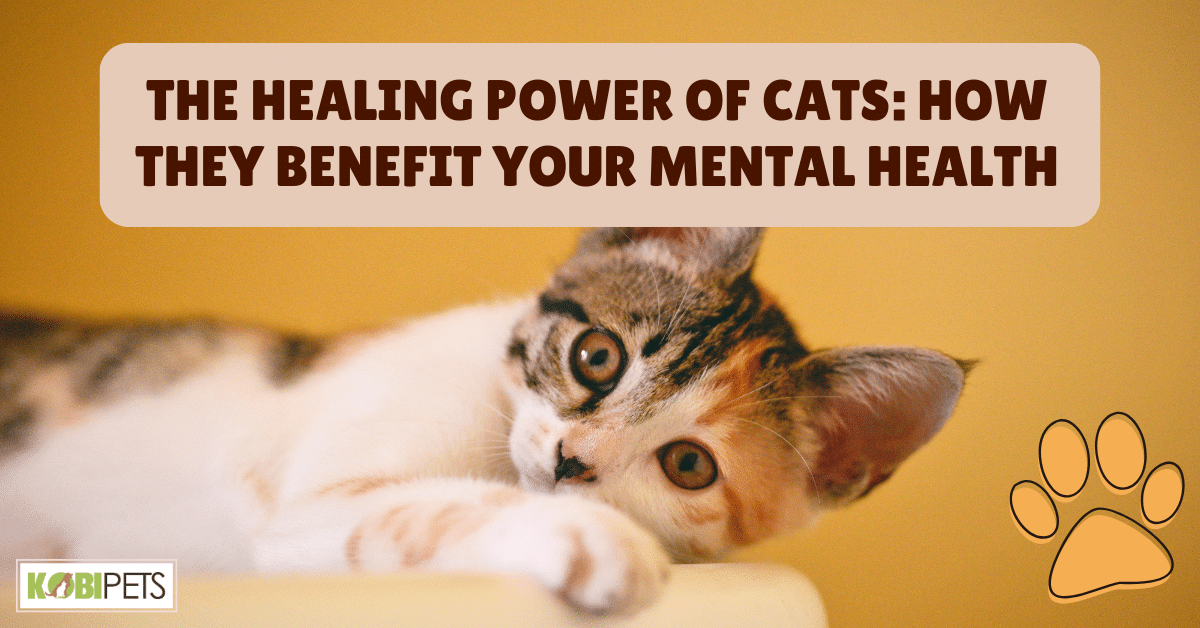
Cats have an uncanny ability to provide comfort and companionship, making them natural healers for our mental well-being. Their soothing presence and gentle purring can reduce stress and anxiety levels, promoting a sense of calm and relaxation. By simply sharing our lives with these feline friends, we can experience the healing power of cats on our mental health.
Discover the intriguing connection between cats and mental health as we embark on an informative journey. Cats, with their unique charm and soothing presence, have a remarkable impact on our well-being. In this article, we’ll explore the science and stories behind their therapeutic influence, revealing the healing power of these delightful creatures.
Cats as Stress Relievers
Cats are remarkable natural stress relievers, and the science backs it up. Numerous studies have shown that spending time with cats can have a profound impact on reducing stress levels. Their calming presence, soothing purring, and gentle companionship can lower cortisol levels and promote relaxation.
For instance, simply petting a cat can trigger the release of feel-good hormones like oxytocin, making the act of petting a cat a tangible stress-reduction tool. Whether it’s curling up with your feline friend after a long day or enjoying a playful session of cat and feather, these everyday interactions can significantly alleviate stress, offering solace in the gentle presence of our furry companions.
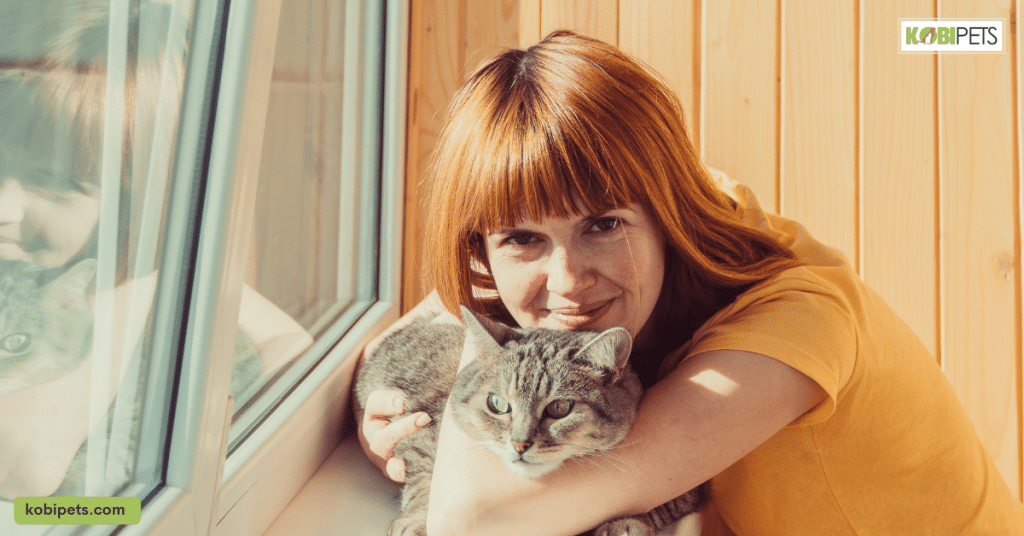
The Therapeutic Value of Purring
The therapeutic value of cat purring lies in its ability to trigger the release of endorphins and reduce cortisol levels in the human brain. When a cat purrs, it emits a calming vibration that promotes feelings of well-being and acts as a natural stress reliever. This biochemical response not only reduces stress and anxiety but also contributes to an overall sense of calm for cat owners.
Personal stories from cat owners further emphasize the therapeutic benefits of purring. Many have found comfort and emotional support in the gentle purring of their feline companions during challenging times. These anecdotes underscore the profound soothing effects of purring on the human mind, highlighting the unique bond between cats and their owners as a source of solace and healing.
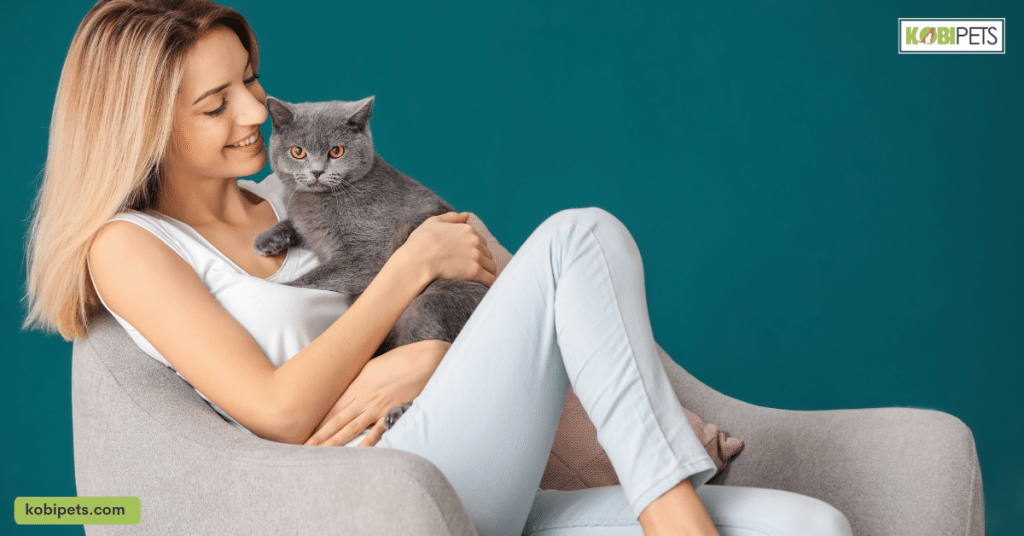
Cats and Anxiety Management
Cats serve as remarkable companions in the journey of managing anxiety disorders. Their unique ability to lower anxiety levels can be attributed to the profound impact of their presence. The simple act of spending time with a cat can evoke a profound sense of calm and security. The soothing rhythm of a cat’s purring, their gentle and affectionate nature, and the tranquil aura they exude all contribute to reducing stress and anxiety in their human companions.
Scientific studies have supported the notion that the act of petting a cat can trigger the release of endorphins, the body’s natural mood-lifters, further aiding in anxiety management. For individuals facing the daily challenges of anxiety disorders, the therapeutic benefits of sharing life with a cat are truly invaluable.
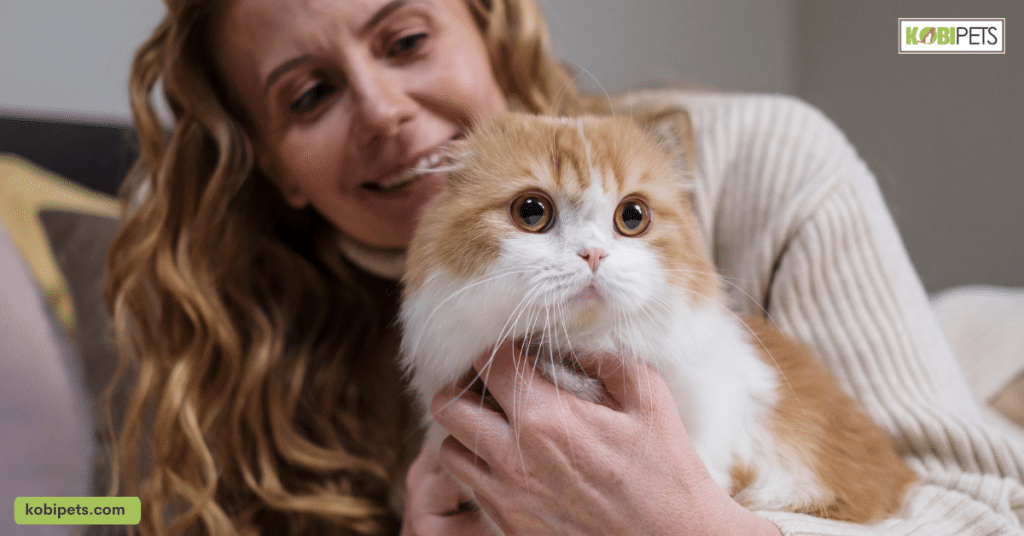
Emotional Support and Companionship
Cats are renowned for their unparalleled capacity to offer emotional support and unwavering companionship to their owners. Beyond being a furry friend, a cat can become a confidant and a source of comfort during both the highs and lows of life. Their non-judgmental nature allows individuals to freely express their emotions without fear of criticism or rejection.
Whether it’s the comforting weight of a cat on one’s lap or the gentle nudge of a furry head seeking affection, these interactions provide solace and alleviate feelings of loneliness. Cat owners often describe the strong emotional bonds that form between them and their feline companions, highlighting how cats become pillars of support, offering a sense of belonging and stability that can be profoundly therapeutic.
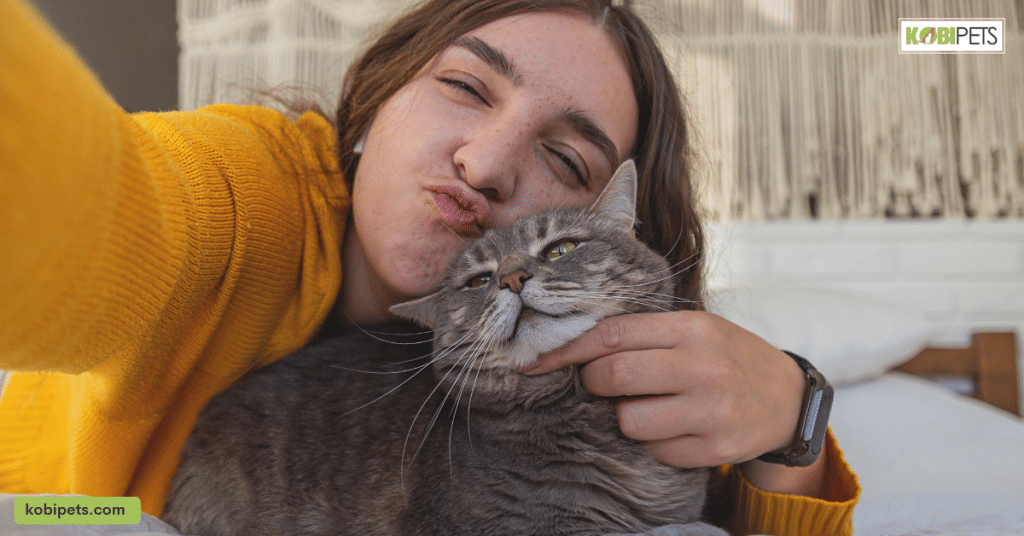
The Science Behind Cat Therapy
In this article, we’ll explore the fascinating scientific research and studies supporting the therapeutic benefits of cats. Dive into the roles of oxytocin, serotonin, and dopamine in enhancing mental health through cat ownership and discover compelling evidence of how cats contribute to the treatment of various mental health conditions.
| Topic | Description |
|---|---|
| Neurochemical Foundations of Cat Therapy | Examine the roles of oxytocin, serotonin, and dopamine in promoting mental health through cat ownership. |
| Studies and Research Findings | Explore scientific studies and their findings on how cats positively affect mental well-being. |
| Cats as Complementary Therapy | Discuss how cats can be a valuable complementary therapy for various mental health conditions. |
| Case Studies: Cat-Assisted Interventions | Present real-life case studies showcasing the effectiveness of cats in mental health treatment. |
| Benefits for Specific Mental Health Conditions | Highlight how cats offer unique benefits for conditions such as depression, anxiety, and PTSD. |
| Beyond Companionship: The Healing Bond | Explore the emotional and psychological bonds formed between cats and their owners and their therapeutic value. |
This concise presentation allows for an in-depth exploration of the science behind cat therapy without the need for a concluding statement.
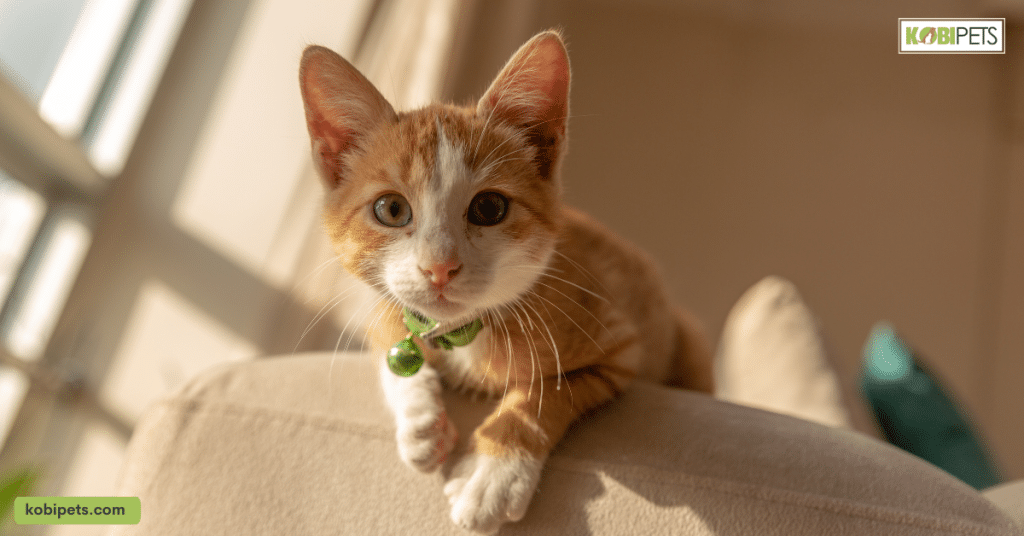
Choosing the Right Cat for You
Selecting the perfect feline companion is a significant decision, and it becomes even more crucial when considering the potential benefits for mental health. In this article, we will guide you through the process of “Choosing the Right Cat for You.”

Choosing the Right Cat for You
Understanding Your Needs and Goals
Before you welcome a cat into your life, it’s essential to take a thoughtful look at your unique needs and goals. Consider what specific mental health benefits you hope to gain from your feline companion. Are you seeking emotional support, stress relief, or simply a source of comfort and companionship?
Understanding your objectives will guide you in choosing the cat that aligns best with your desires, ensuring that your new furry friend can fulfill the role you envision for them. This introspective process sets the foundation for a fulfilling and therapeutic relationship with your cat.

Temperament, Energy Level, and Compatibility
Cats, like humans, have diverse personalities, temperaments, and energy levels. To maximize the mental health benefits of cat ownership, it’s vital to match your cat’s traits with your own. If you’re looking for a laid-back and affectionate companion, a cat with a calm temperament might be ideal. On the other hand, if you lead an active lifestyle and seek a playful, energetic partner, a more spirited cat might be a better fit.
Additionally, considering compatibility with other pets or family members is crucial to ensure a harmonious living environment. By carefully assessing these factors, you can select a cat whose disposition aligns with your lifestyle and emotional needs, enhancing the therapeutic potential of your bond.
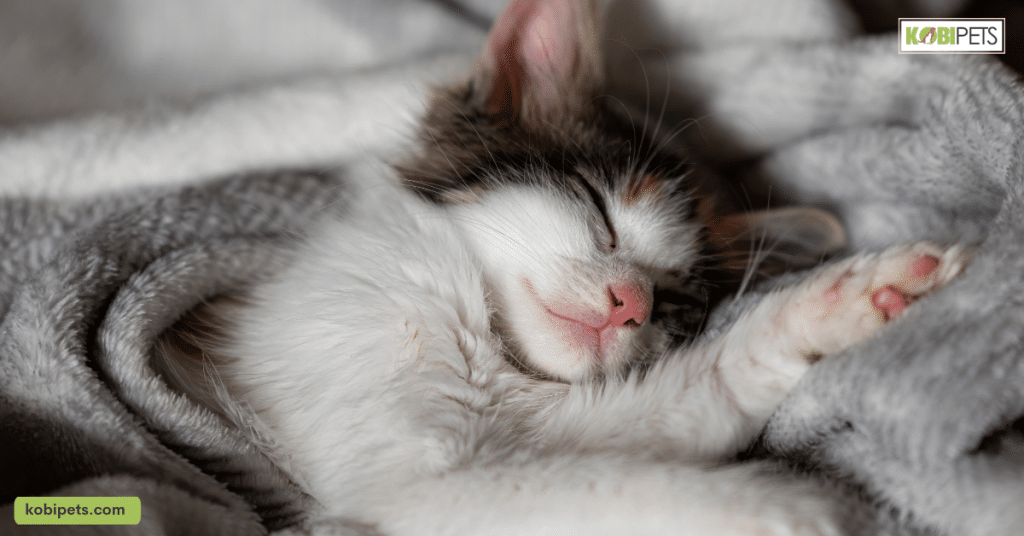
Resources for Finding Your Perfect Feline Companion
Navigating the process of finding the perfect cat can be a rewarding but sometimes daunting task. Fortunately, there are numerous resources available to simplify your search. Local animal shelters, rescue organizations, and reputable breeders can help you find cats in need of loving homes.
These organizations often have a wide variety of cat breeds and personalities to choose from, making it easier to find a cat that suits your preferences. Furthermore, consider reaching out to experienced cat owners or seeking advice from veterinarians and animal behaviorists who can offer valuable insights and recommendations.

In conclusion
Finding the right cat for your mental health needs is a significant and rewarding endeavor. Understand your goals, consider temperament and compatibility, and utilize available resources to guide your search. The bond you form with your chosen feline companion can bring comfort and therapeutic benefits, enhancing your mental well-being and making the decision to adopt a cat a deeply fulfilling one.






